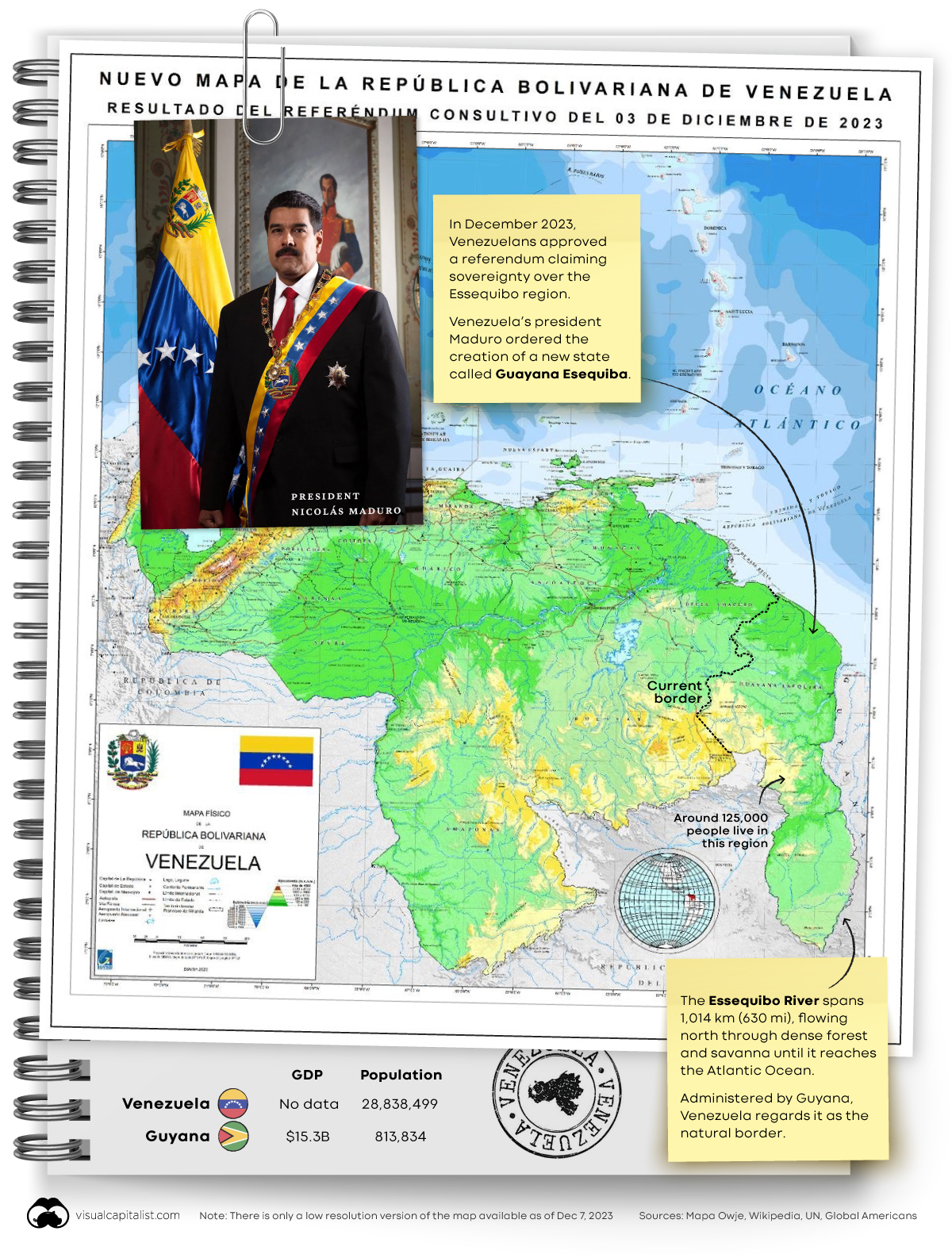NOW THAT’S WHAT I CALL LINGUISTIC CHRISTMAS
It’s Christmas-time again – and what would this time of year be without Christmas music? A lot of us start counting the days ’till Christmas from the moment “Last Christmas” surprises us in a shopping center sometime around November 20th – and let’s just admit it: We can’t get enough of Christmas songs!
Or maybe Christmas music just isn’t your thing. Is it really possible to listen to ”All I Want for Christmas is You” throughout December without losing your mind, you might be thinking. I mean, I’d say it is, but… I get it. You need something new – something different! I’ve dug around on the internet and asked Twitter for help, and now I’m happy to present … ↪





